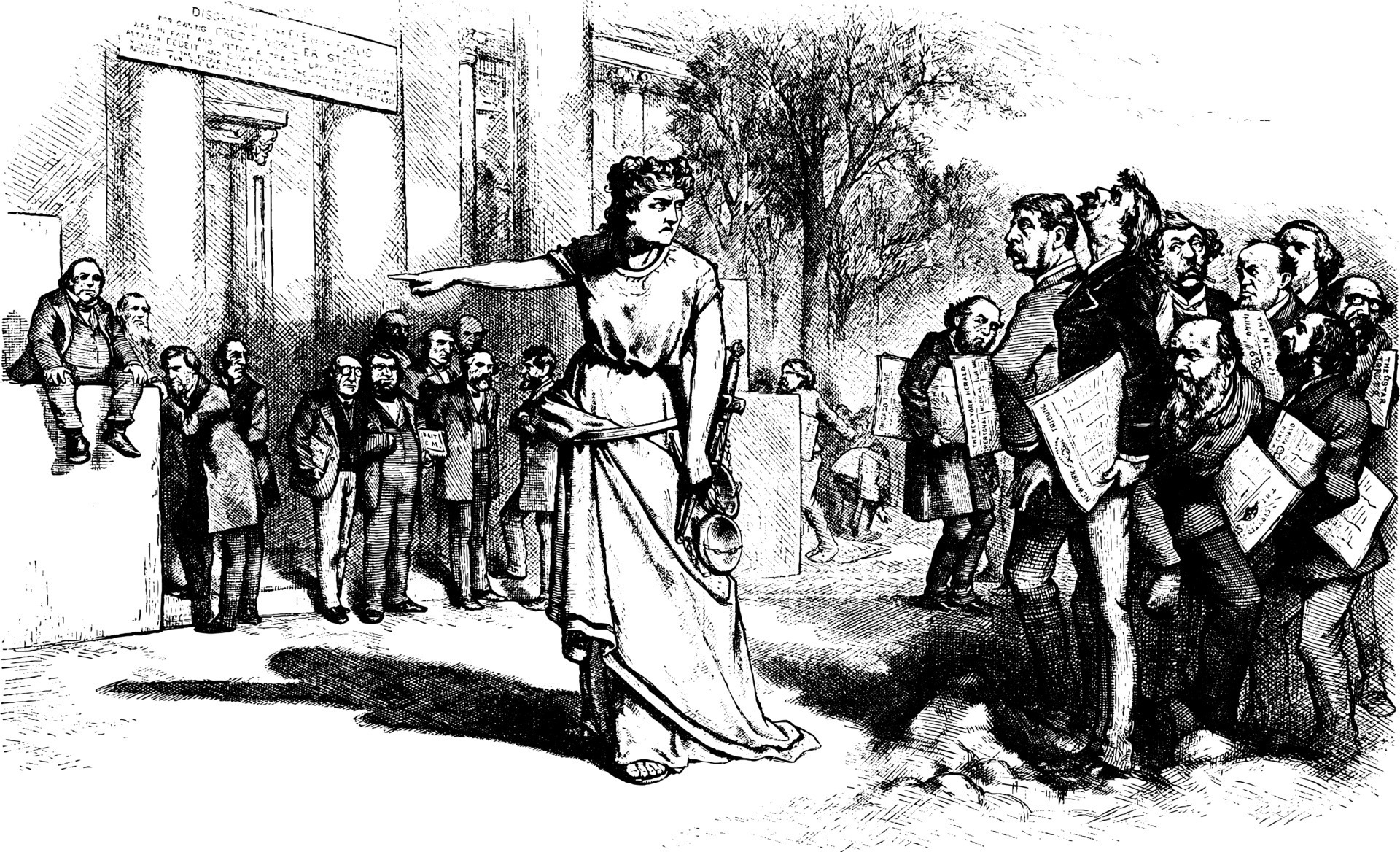The Crédit Mobilier Scandal of the 1870s remains one of the most infamous political corruption cases in American history. Emerging during a period of rapid industrialization and westward expansion, the scandal exposed how economic ambition, if unchecked, could infect even the highest offices of government. It forever altered the public’s perception of the Grant administration and marked a turning point in demands for governmental transparency.
A Scheme Rooted in Railroads and Greed
At the core of the scandal was the Union Pacific Railroad, which was building America’s first transcontinental railway with generous federal funding. To maximize profits, key railroad executives formed a dummy company, Crédit Mobilier of America, which they controlled. This new firm was awarded construction contracts at wildly inflated prices — allowing the executives to pocket massive profits while billing the U.S. government nearly double the actual construction cost.
Learn more about the company’s origins via U.S. House of Representatives History, Art & Archives
Bribery in Broad Daylight
What made the scandal particularly egregious was how the perpetrators protected their racket. Congressman Oakes Ames distributed discounted shares of Crédit Mobilier stock to fellow legislators in exchange for silence. Among those implicated were Vice President Schuyler Colfax, Speaker of the House James G. Blaine, and James A. Garfield, who would later become president.
Although initially hushed, the conspiracy unraveled when journalists and political adversaries obtained incriminating documentation in 1872.
Explore the public exposure in-depth at PBS American Experience
The Fallout: Political Lives Destroyed, But Not All
Congress launched formal investigations. While Oakes Ames and James Brooks were officially censured, others, including Garfield, managed to distance themselves enough to maintain their careers. Colfax, however, saw his political future shattered. The incident underscored the lack of strict ethics rules governing congressional behavior at the time.
Access original congressional hearing transcripts from the Library of Congress
Grant’s Dilemma: Leadership Under Fire
Though President Grant wasn’t directly involved, his tolerance of Ames and other implicated members left a stain on his administration. Critics argued that Grant’s loyalty to political allies prevented him from taking swift action. As a result, the public’s trust in federal leadership eroded significantly during his presidency.
Read Grant’s personal reflections in the Ulysses S. Grant Presidential Library
Legacy of the Crédit Mobilier Scandal
This scandal was a catalyst for civil service reform movements that emerged in the following decades. It spotlighted the dangers of political patronage and lack of oversight in federal spending—particularly in large-scale infrastructure projects.
It also provided a cautionary tale that remains relevant. In an age where lobbying and special interests remain powerful forces, the Crédit Mobilier Scandal reminds us of the importance of vigilance and ethics in public office.
View a timeline of 19th-century American political scandals on Smithsonian Magazine
Frequently Asked Questions
What was the Crédit Mobilier Scandal?
A political corruption case involving Union Pacific Railroad executives and U.S. lawmakers who used a fake construction company to embezzle public funds.
Who exposed the Crédit Mobilier Scandal?
Whistleblowers and investigative journalists revealed the bribery and stock fraud just before the 1872 election, prompting a congressional investigation.
How much money was stolen?
Estimates range between $33 to $50 million, a significant amount in the 19th century—roughly equivalent to $1 billion today.
Were any officials punished?
Yes, Oakes Ames and James Brooks were censured. However, most implicated officials, including James A. Garfield, avoided serious consequences.
Did it impact President Grant?
Yes. Although not directly involved, the scandal damaged his reputation and cast doubt on his administration’s ethical standards.
Why is the scandal still important today?
It showcases how greed and power can undermine democracy and emphasizes the need for governmental checks and transparency.

